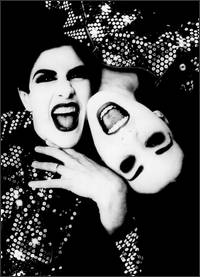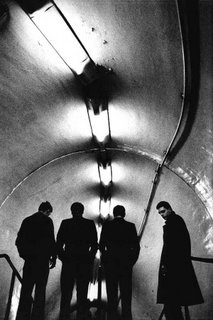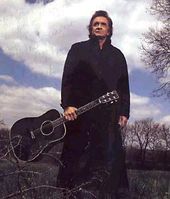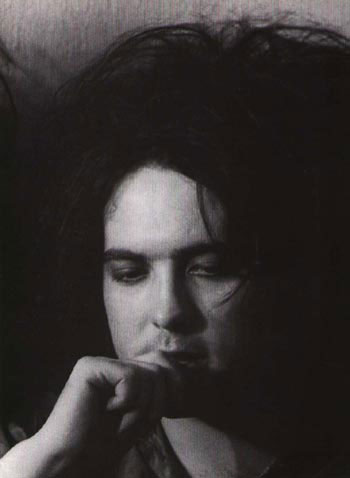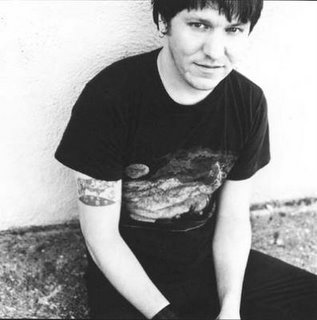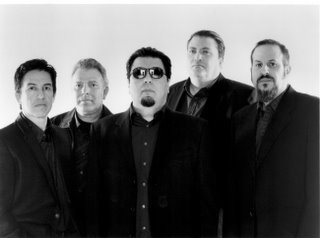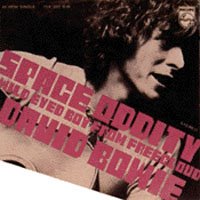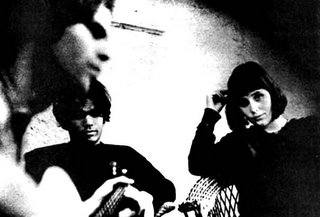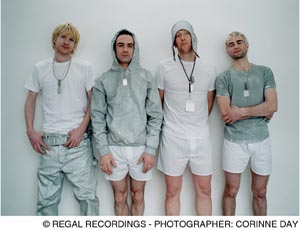
There is a scene in the movie High Fidelity, where Rob, the hero, and his two music-nerd friends and employees Dick and Barry, are working in Championship Vinyl on a busy Saturday. Dick has just met his soon-to-be-girlfriend and is impressing her with his musical knowledge, and Barry is bullying unsuspecting punters into buying the entire Jesus and Mary Chain back catalogue. Then Rob changes the record, and plays this song from the Beta Band’s Three EPs, whispering to Dick as he does so to watch him, he’s about to sell five copies of the EP. The camera pans around the shop and we see the browsing customers nod along to the music, and start to ask who it is. Clearly, Rob is about to be proven right.
The corresponding scene in the book on which the movie is based is different – the Beta Band doesn’t feature, for one. One thing which is the same is the spirit of the scene. Rob, who spends most of the story in inner turmoil and outer obnoxiousness, has a quiet and contented moment as he muses that he feels comfortable among these people, he knows and understands them. This is something which could be interpreted as being rather pathetic, until he describes an incident which I think sums up just what music can do, to us and for us.
He says that once a man came into the shop and hummed a tune that he had heard in his dream. He described the song in great detail, but he wasn’t sure that it even existed, and he wanted Rob to attempt to find it for him. Rob eventually found the song, an obscure reggae number, and the man thanked him in a way that made him feel like more than someone who worked in a record store, he says he felt like a midwife or a painter, someone whose life and job were “routinely transcendent”.
What an evocative phrase. It may sound hysterical to some, but that is the power than music can and, routinely, does have.
